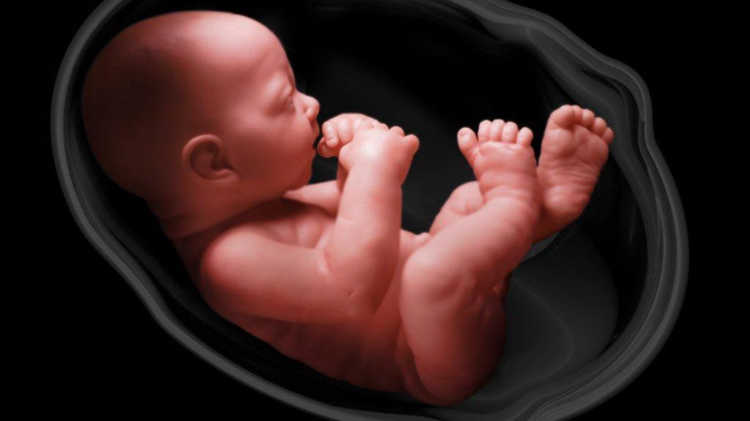Too often, those against women terminating their pregnancies for convenience are portrayed as evil sexists that want to restrict women just for the sake of it. That is almost never the case. Of course there are always unreasonable people on each side of every controversy, but there is a strong moral argument against convenient abortion that is almost never portrayed properly within the media.
What the whole issue really boils down to is one simple question: at what point does a human being deserve the right to live? What defines the value of their existence? When one analyzes the different answers to this question, they may come to find that the only truly ethical solution is to is to draw the conclusion that life begins at conception.
Some people argue that it is no longer okay to abort a fetus when it gains the ability to move, basing the value of its life on a biological function. The problem is that when you draw a line saying “this life has so little value that it would be okay to abort it for pure convenience” you run into issues with already born people who don’t meet the qualification. Why would this not apply to an already born human being? If one decides that the main factor in the value of life is the ability to move, then why would a born human incapable of moving be worthy of life?
One could argue that it’s not fair to hold a born human to the same moral standard as an unborn fetus, and that a fetus is inherently not worth as much simply because it’s not born. But when you base the worthiness of life on whether or not a baby is born, once again you run into moral issues. Would it be okay to kill a newborn baby? No, of course not How about a baby three hours from being born? No, of course not. The value of a human’s life can’t be based solely off of whether or not they are born, because fully developed babies can be unborn, and underdeveloped babies can be born prematurely.
Another argument in favor of convenience abortion, is the idea that because the fetus is inside the mother, and totally reliant on her, it is her right to terminate it. This argument is perhaps the most rallied behind, yet the most immoral justification out of all of them. If the baby is okay to abort as long as it is reliant on its parents, then why stop at birth? Newborn babies are no less reliant on their parents than they were in the womb; they are incapable of surviving independently. So by this logic, why is it not okay to “abort” the already born baby? It is almost equally reliant on the parents as when it wasn’t born, so do the parents deserve the option to kill it out of convenience? Or, once again, why wouldn’t it be okay to abort the baby three hours before it will be born? By this thinking, as long as the baby is reliant on the mother she deserves the right to end its life. But of course, it’s morally wrong to kill babies that will be born in three hours and already born babies no matter how much it may inconvenience the mother.
It seems, that anytime one defines the value of life by a specific requirement such as being born or being able to move, they will run into moral issues with what does and doesn’t qualify for the right to live. The way to morally define who deserves the right to live should be to say that everyone deserves the right to live from the second they are conceived.

